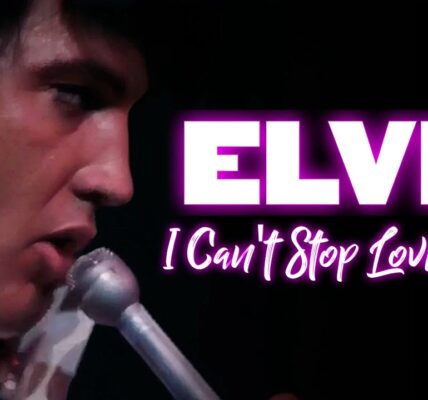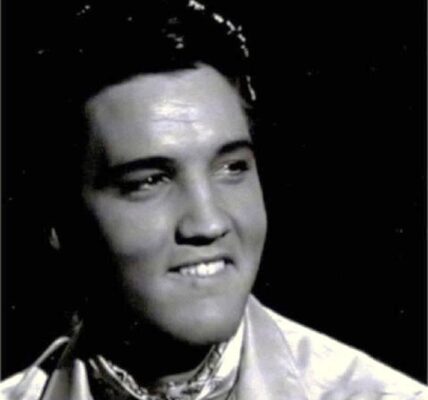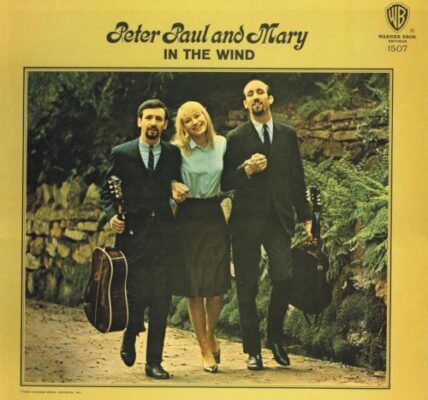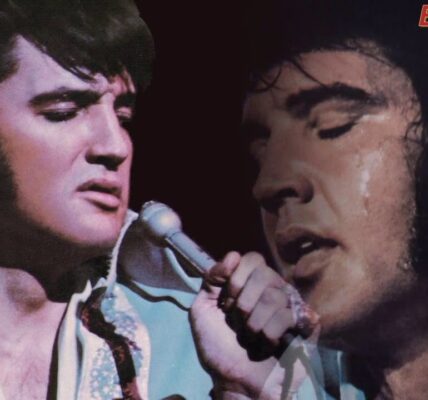About the Song
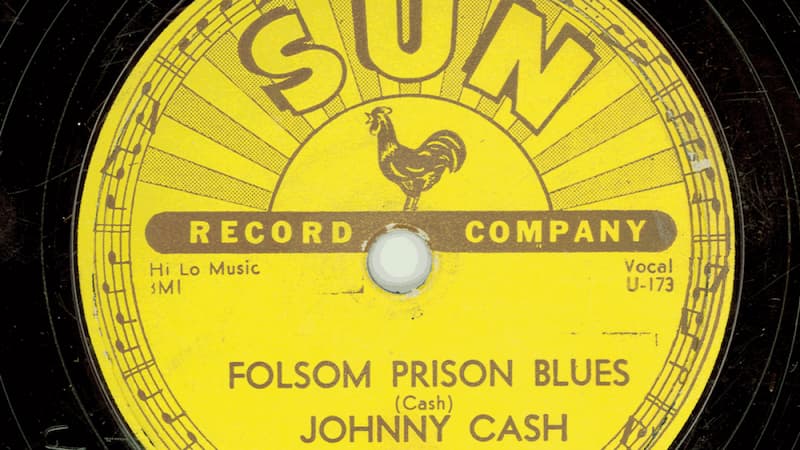
In January 1968, country music legend Johnny Cash performed a groundbreaking concert at California’s Folsom Prison. This live performance, later released as a celebrated album, reignited Cash’s career during a period of personal and professional turmoil.
Though Johnny Cash cultivated a rebellious, “outlaw” persona, his experiences with incarceration were limited to brief stays in jail for minor offenses. The inspiration for his iconic song, “Folsom Prison Blues,” actually came from the 1951 crime film Inside the Walls of Folsom Prison. First recorded in 1955, the mournful track is narrated by an inmate who laments his fate after killing a man in Reno “just to watch him die.” Cash crafted the line to reflect the most senseless motive he could imagine.
By the mid-1960s, Cash’s battles with alcohol and drug addiction had taken a severe toll on his career. Recognizing his popularity among prison audiences, Cash first performed at Folsom Prison in 1966, encouraged by a local preacher. Two years later, he persuaded his record label to allow him to record a live album at the prison, seeking to rejuvenate his career.
Cash worked tirelessly to prepare for the 1968 performance, even learning “Greystone Chapel,” a song written by Folsom inmate Glen Sherley, to include in the setlist. Despite strict security and restrictions—such as the warden’s ban on prisoners standing during the concert—the inmates’ enthusiastic response electrified the performance. The set included the titular “Folsom Prison Blues” and ended with Sherley’s “Greystone Chapel.” The resulting album reached No. 1 on the charts, as did its follow-up, At San Quentin, solidifying Cash’s status as a music icon.
This concert also cemented Cash’s connection to prisoners in the public imagination. In his 1971 song “Man in Black,” Cash explained his signature dark attire as a symbol of solidarity with “the poor and the beaten down” and those who have “long paid for their crime.” Cash became an advocate for prison reform, even testifying before Congress and meeting President Richard Nixon in 1972 to discuss the issue.
Live at Folsom Prison remains a landmark in 20th-century American music, showcasing Johnny Cash’s empathy and his enduring bond with marginalized communities.
Lyrics
I hear the train a-coming
It’s rolling ’round the bend
And I ain’t seen the sunshine since I don’t know when
I’m stuck in Folsom Prison
And time keeps dragging on
But that train keeps a-rolling
On down to San Antone
When I was just a baby
My mama told me, “Son
Always be a good boy, don’t ever play with guns”
But I shot a man in Reno
Just to watch him die
When I hear that whistle blowing
I hang my head and cry
I bet there’s rich folks eating in a fancy dining car
They’re probably drinking coffee
And smoking big cigars
But I know I had it coming
I know I can’t be free
But those people keep a-moving
And that’s what tortures me
Well, if they freed me from this prison
If that railroad train was mine
I bet I’d move it on a little farther down the line
Far from Folsom Prison
That’s where I want to stay
And I’d let that lonesome whistle
Blow my blues awayAdvertisement

